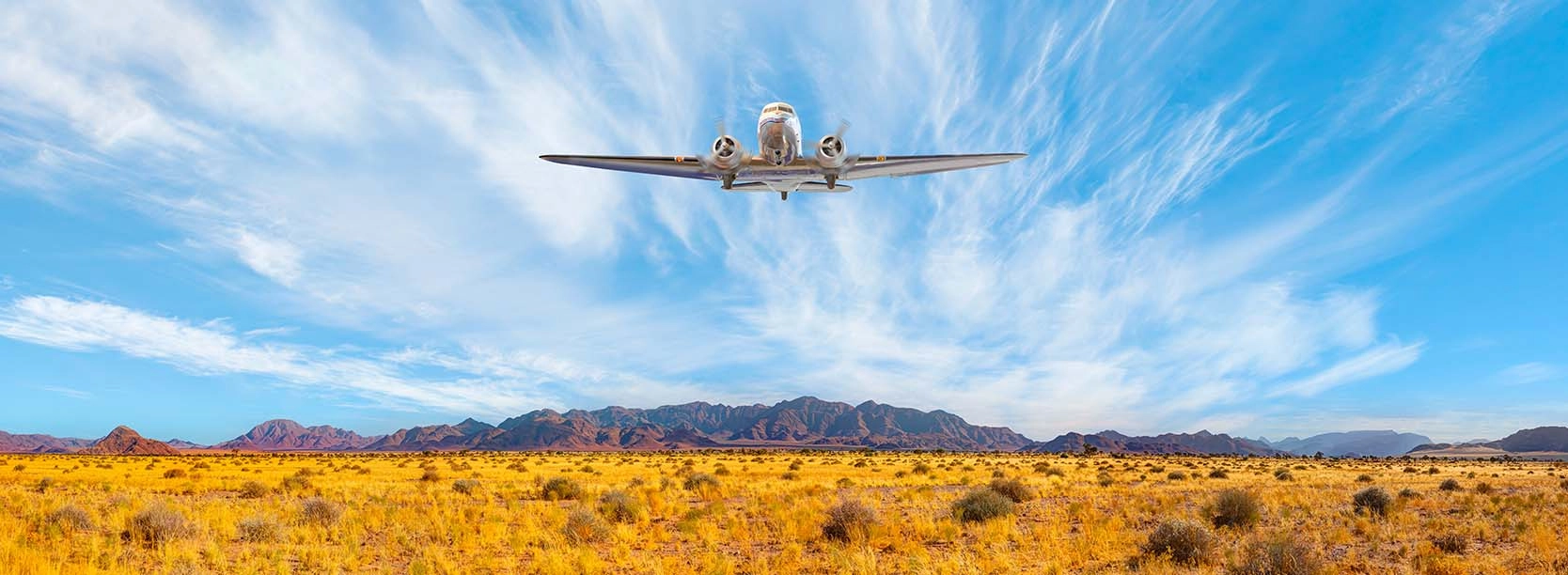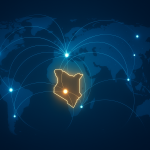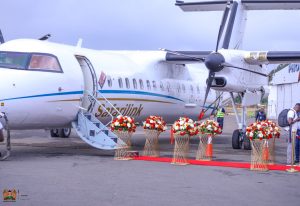A coalition of 13 countries has announced plans to introduce new taxes on luxury air travel, marking one of the boldest attempts yet to raise climate financing from high-emitting sectors. The initiative targets private jets as well as first- and business-class tickets, and has quickly gathered support from African nations that say the world’s wealthiest travellers should contribute more significantly to global climate action.
Djibouti, Nigeria and South Sudan became the latest countries to join the coalition last week, expanding a group that already includes Kenya, Benin and Sierra Leone in Africa, along with France, Barbados and Antigua and Barbuda. Brazil, Fiji and Vanuatu have joined as observer states. Although the group spans several regions, most of its members come from the Global South — a point observers say underscores the urgent need for developing nations to secure new sources of climate finance as they continue to face disproportionate climate impacts.
The proposed taxes would apply to premium commercial travel and private aviation, a sector known for its exceptionally high emissions per passenger. Supporters argue that the levies would bring long-overdue fairness to climate funding by drawing revenue from travellers with the largest carbon footprints, rather than from ordinary passengers or struggling national economies.
The proposal stems from a broader global push under the Sevilla Platform for Action, launched earlier this year, and is receiving backing from the Global Solidarity Levies Task Force, co-chaired by Kenya, France and Barbados. The Task Force is also working closely with technical teams from the European Commission to shape the policy framework. Environmental groups have welcomed the development, with activists describing private jet users as “binge polluters” who have for too long escaped meaningful taxation.
However, not everyone is convinced. The International Air Transport Association has criticised the plan, arguing that airlines are already investing heavily in cleaner aircraft, sustainable fuels and carbon-offsetting programmes. France, despite being an early supporter of the broader coalition, has clarified that it does not intend to raise its own existing “solidarity tax” on air tickets, even as it encourages other countries to consider similar measures ahead of global climate negotiations.
Despite the criticism, momentum for the luxury air travel tax appears to be growing, particularly among nations most vulnerable to climate change and most in need of predictable financing. For them, the initiative represents not just an environmental intervention but a matter of economic fairness — a bid to ensure the world’s highest emitters finally pay a proportionate share of the costs of a warming planet.
Source: Africanews.com






